Code
HCS27065
Weight
245 gm / 0.54 lbs
Size
Height
8cm (3") Width
7cm (3") Depth
4cm (2") Material
Copper
Availability
Available

Safe Payment
We accept Paypal, Money Transfer, Bank Transfer
Confidence
Protection covers your purchase and personal data.
Worldwide Delivery
We ship Worldwide, except Russia.Shipping cost US$25.2 for upto 0.5 kgs

Hotline
Talk to help line for your question on 9841267335Shakti : Introduction
Shakti Yab-yum is a common symbol in Nepalese and Tibetan art. It represents the primordial union of wisdom and compassion, depicted as a male deity in union with his female consort via the similar concept of interpenetration or "coalescence," as illustrated by the concept of Indra's net. The male figure represents compassion and dexterity, while the female figure represents insight. The female is seated on the male's lap in yab-yum. A rare rendition of a similar figure, but reversed, with the male sitting on the female's lap, is known as yum-yab. Read More . . .
Shakti Yab-yum is a common symbol in Nepalese and Tibetan art. It represents the primordial union of wisdom and compassion, depicted as a male deity in union with his female consort via the similar concept of interpenetration or "coalescence," as illustrated by the concept of Indra's net. The male figure represents compassion and dexterity, while the female figure represents insight. The female is seated on the male's lap in yab-yum. A rare rendition of a similar figure, but reversed, with the male sitting on the female's lap, is known as yum-yab. Read More . . .
Ceramic Molding System
The Statue Of Sitting [four Arm Mahakala] With Consort With Consort, [shakti], Yab-yum [full Fire Gold Plated] has been crafted using the Ceramic mold casting process, a modern approach that provides an alternative to traditional methods such as the lost-wax system or rubber molding. Also referred to as ceramic molding, this technique involves the creation of a ceramic mold to cast the statue. The process begins by making a precise and detailed wax model of the desired sculpture. The wax model is then coated with layers of ceramic material, creating a sturdy mold. Once the mold is complete, it is fired in a kiln, causing the wax to melt and escape, leaving behind a cavity that perfectly replicates the original sculpture. Molten metal is then poured into the mold, allowing it to fill the cavity and take on the desired form. Once cooled and solidified, the ceramic mold is carefully broken away, revealing the final metal statue. Read More . . .
The Statue Of Sitting [four Arm Mahakala] With Consort With Consort, [shakti], Yab-yum [full Fire Gold Plated] has been crafted using the Ceramic mold casting process, a modern approach that provides an alternative to traditional methods such as the lost-wax system or rubber molding. Also referred to as ceramic molding, this technique involves the creation of a ceramic mold to cast the statue. The process begins by making a precise and detailed wax model of the desired sculpture. The wax model is then coated with layers of ceramic material, creating a sturdy mold. Once the mold is complete, it is fired in a kiln, causing the wax to melt and escape, leaving behind a cavity that perfectly replicates the original sculpture. Molten metal is then poured into the mold, allowing it to fill the cavity and take on the desired form. Once cooled and solidified, the ceramic mold is carefully broken away, revealing the final metal statue. Read More . . .
Shakti : Introduction
Shakti Yab-yum is a common symbol in Nepalese and Tibetan art. It represents the primordial union of wisdom and compassion, depicted as a male deity in union with his female consort via the similar concept of interpenetration or "coalescence," as illustrated by the concept of Indra's net. The male figure represents compassion and dexterity, while the female figure represents insight. The female is seated on the male's lap in yab-yum. A rare rendition of a similar figure, but reversed, with the male sitting on the female's lap, is known as yum-yab. Read More . . .
Shakti Yab-yum is a common symbol in Nepalese and Tibetan art. It represents the primordial union of wisdom and compassion, depicted as a male deity in union with his female consort via the similar concept of interpenetration or "coalescence," as illustrated by the concept of Indra's net. The male figure represents compassion and dexterity, while the female figure represents insight. The female is seated on the male's lap in yab-yum. A rare rendition of a similar figure, but reversed, with the male sitting on the female's lap, is known as yum-yab. Read More . . .
Full Gold Gilded with Antique Patina.
The Statue Of Sitting [four Arm Mahakala] With Consort With Consort, [shakti], Yab-yum [full Fire Gold Plated] has full gold plated antique finishing. This finishing is a combination of fire mercury gold plating and antique finishing. This traditional technique involves the application of a genuine layer of gold onto the Statue Of Sitting [four Arm Mahakala] With Consort With Consort, [shakti], Yab-yum [full Fire Gold Plated] using the time-honored process of mercury gold plating. Skilled artisans meticulously handle the amalgamation of gold with mercury, ensuring precise application and a truly authentic result. To enhance its charm further, the Statue Of Sitting [four Arm Mahakala] With Consort With Consort, [shakti], Yab-yum [full Fire Gold Plated] undergoes an antique finishing process. This meticulous treatment adds a touch of age and character to the gold plating, creating a sense of antiquity. Through careful craftsmanship and the application of specialized techniques, the Statue Of Sitting [four Arm Mahakala] With Consort With Consort, [shakti], Yab-yum [full Fire Gold Plated] acquires a beautifully aged appearance that adds depth and uniqueness to its overall aesthetic. Read More . . .
The Statue Of Sitting [four Arm Mahakala] With Consort With Consort, [shakti], Yab-yum [full Fire Gold Plated] has full gold plated antique finishing. This finishing is a combination of fire mercury gold plating and antique finishing. This traditional technique involves the application of a genuine layer of gold onto the Statue Of Sitting [four Arm Mahakala] With Consort With Consort, [shakti], Yab-yum [full Fire Gold Plated] using the time-honored process of mercury gold plating. Skilled artisans meticulously handle the amalgamation of gold with mercury, ensuring precise application and a truly authentic result. To enhance its charm further, the Statue Of Sitting [four Arm Mahakala] With Consort With Consort, [shakti], Yab-yum [full Fire Gold Plated] undergoes an antique finishing process. This meticulous treatment adds a touch of age and character to the gold plating, creating a sense of antiquity. Through careful craftsmanship and the application of specialized techniques, the Statue Of Sitting [four Arm Mahakala] With Consort With Consort, [shakti], Yab-yum [full Fire Gold Plated] acquires a beautifully aged appearance that adds depth and uniqueness to its overall aesthetic. Read More . . .
The Four-Armed Mahakala :
Chaturbhuja Mahakala, meaning "four-armed Mahakala," is a revered deity in Tibetan Buddhism. This form of Mahakala is associated with power, protection, and the ability to overcome obstacles. With a fierce expression and a dark complexion, Chaturbhuja Mahakala is depicted with four arms, each holding significant symbolic objects. Devotees turn to this deity for guidance and assistance on their spiritual journey.
Iconography:
Chaturbhuja Mahakala is depicted with a wrathful appearance. His four arms hold various symbolic attributes, including a sword in the top right hand, representing the cutting of ignorance and obstacles. The other hands may hold a trident (trishula), a skull cup (kapala), and a lasso (pasha). He typically stands atop a corpse, symbolizing the transcendence of death and impermanence.
History:
The origins of Chaturbhuja Mahakala can be traced back to ancient Indian Buddhism, where the concept of Mahakala as a wrathful deity emerged. This form gained prominence in Tibetan Buddhism and is highly revered in the Kagyu and Gelug lineages. Chaturbhuja Mahakala is seen as a guardian and protector of the teachings and practitioners.
Temples and Monasteries:
While specific temples or monasteries dedicated solely to Chaturbhuja Mahakala may not be widely known, various Buddhist monasteries and temples in Nepal, such as Boudhanath Stupa, Swayambhunath Stupa, Kopan Monastery, and Shechen Monastery, incorporate worship and reverence for Mahakala within their sacred spaces.
Benefits of practicing Chaturbhuja Mahakala:
Devotees believe that practicing Chaturbhuja Mahakala can bring protection from negative influences, removal of obstacles, and the development of inner strength and fearlessness. By connecting with this deity, practitioners seek spiritual growth, transformation, and the attainment of enlightenment.
How to practice:
Practices associated with Chaturbhuja Mahakala involve mantra recitation, visualization, meditation, and ritual offerings. Engaging in ethical conduct, cultivating compassion, and dedicating one's actions for the benefit of all beings are also important aspects of the practice.
Mantras of Chaturbhuja Mahakala:
The primary mantra associated with Chaturbhuja Mahakala is "OM BENZA MAHAKALA HUNG PHAT." Chanting this mantra with devotion and focus is believed to invoke the blessings and protective power of Chaturbhuja Mahakala. Various lineages and practices may also have their own unique mantras associated with this deity.
Chaturbhuja Mahakala is depicted with a wrathful appearance. His four arms hold various symbolic attributes, including a sword in the top right hand, representing the cutting of ignorance and obstacles. The other hands may hold a trident (trishula), a skull cup (kapala), and a lasso (pasha). He typically stands atop a corpse, symbolizing the transcendence of death and impermanence.
History:
The origins of Chaturbhuja Mahakala can be traced back to ancient Indian Buddhism, where the concept of Mahakala as a wrathful deity emerged. This form gained prominence in Tibetan Buddhism and is highly revered in the Kagyu and Gelug lineages. Chaturbhuja Mahakala is seen as a guardian and protector of the teachings and practitioners.
Temples and Monasteries:
While specific temples or monasteries dedicated solely to Chaturbhuja Mahakala may not be widely known, various Buddhist monasteries and temples in Nepal, such as Boudhanath Stupa, Swayambhunath Stupa, Kopan Monastery, and Shechen Monastery, incorporate worship and reverence for Mahakala within their sacred spaces.
Benefits of practicing Chaturbhuja Mahakala:
Devotees believe that practicing Chaturbhuja Mahakala can bring protection from negative influences, removal of obstacles, and the development of inner strength and fearlessness. By connecting with this deity, practitioners seek spiritual growth, transformation, and the attainment of enlightenment.
How to practice:
Practices associated with Chaturbhuja Mahakala involve mantra recitation, visualization, meditation, and ritual offerings. Engaging in ethical conduct, cultivating compassion, and dedicating one's actions for the benefit of all beings are also important aspects of the practice.
Mantras of Chaturbhuja Mahakala:
The primary mantra associated with Chaturbhuja Mahakala is "OM BENZA MAHAKALA HUNG PHAT." Chanting this mantra with devotion and focus is believed to invoke the blessings and protective power of Chaturbhuja Mahakala. Various lineages and practices may also have their own unique mantras associated with this deity.


![Statue Of Sitting [four Arm Mahakala] With Consort With Consort, [shakti], Yab-yum [full Fire Gold Plated]](https://handicraftseller.com/uploads/pics/product/thumb/2022/11/27065_3.jpg)
![Statue Of Sitting [four Arm Mahakala] With Consort With Consort, [shakti], Yab-yum [full Fire Gold Plated]](https://handicraftseller.com/uploads/pics/product/thumb/2022/11/27065_4.jpg)
![Statue Of Sitting [four Arm Mahakala] With Consort With Consort, [shakti], Yab-yum [full Fire Gold Plated]](https://handicraftseller.com/uploads/pics/product/thumb/2022/11/27065_5.jpg)
![Statue Of Sitting [four Arm Mahakala] With Consort With Consort, [shakti], Yab-yum [full Fire Gold Plated]](https://handicraftseller.com/uploads/pics/product/thumb/2022/11/27065_6.jpg)
![Statue Of Sitting [four Arm Mahakala] With Consort With Consort, [shakti], Yab-yum [full Fire Gold Plated]](https://handicraftseller.com/uploads/pics/product/thumb/2022/11/27065_7.jpg)
![Statue Of Sitting [four Arm Mahakala] With Consort With Consort, [shakti], Yab-yum [full Fire Gold Plated]](https://handicraftseller.com/uploads/pics/product/thumb/2022/11/27065.jpg)
![Statue Of Sitting [four Arm Mahakala] With Consort With Consort, [shakti], Yab-yum [full Fire Gold Plated]](https://handicraftseller.com/uploads/pics/product/thumb/2022/11/27065_0.jpg)
![Statue Of Sitting [four Arm Mahakala] With Consort With Consort, [shakti], Yab-yum [full Fire Gold Plated]](https://handicraftseller.com/uploads/pics/product/thumb/2022/11/27065_1.jpg)
![Statue Of Sitting [four Arm Mahakala] With Consort With Consort, [shakti], Yab-yum [full Fire Gold Plated]](https://handicraftseller.com/uploads/pics/product/thumb/2022/11/27065_2.jpg)

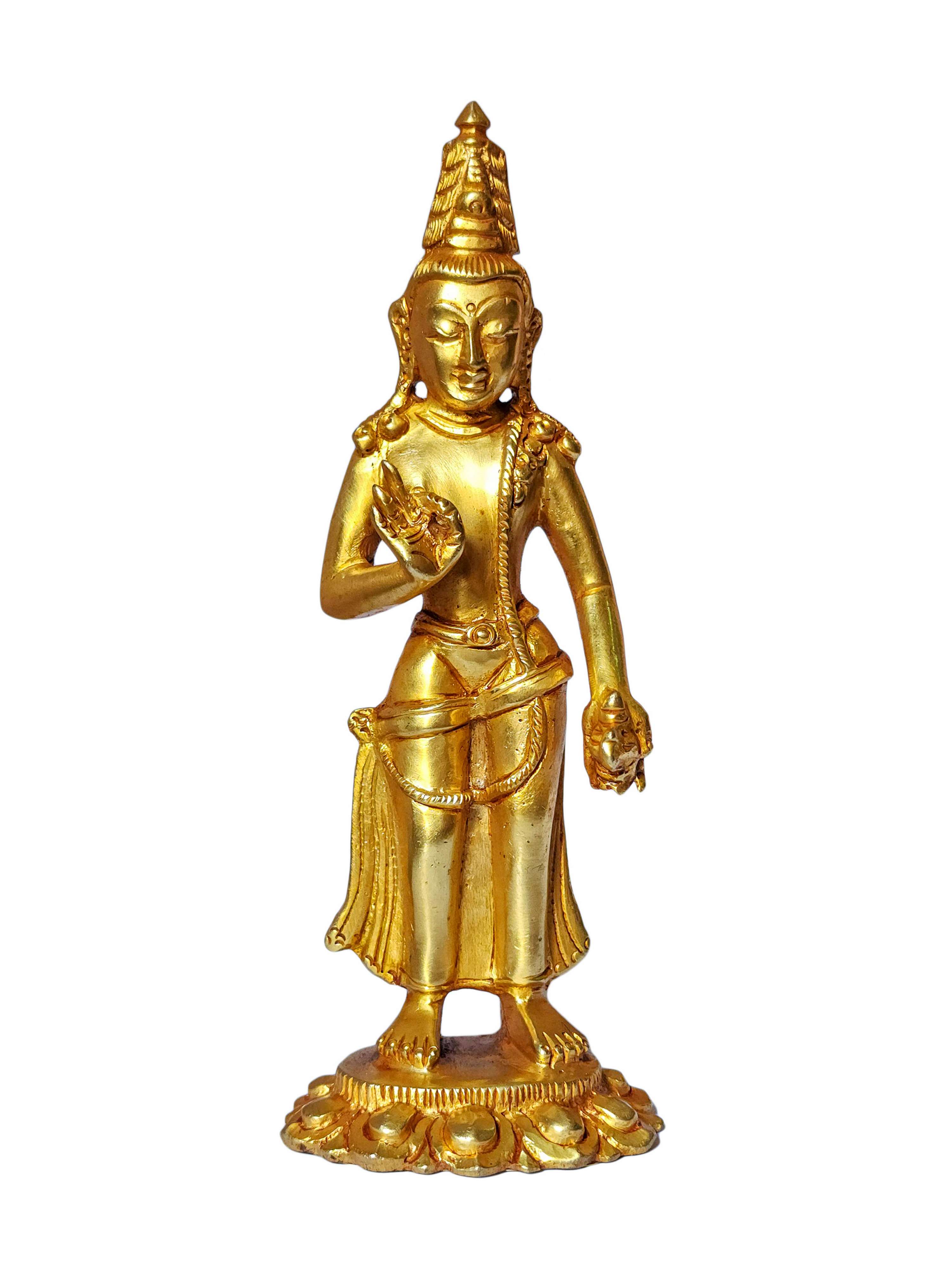 Gold Plated" title="Maitreya Buddha, Buddhist Miniature Statue,
Gold Plated" title="Maitreya Buddha, Buddhist Miniature Statue, 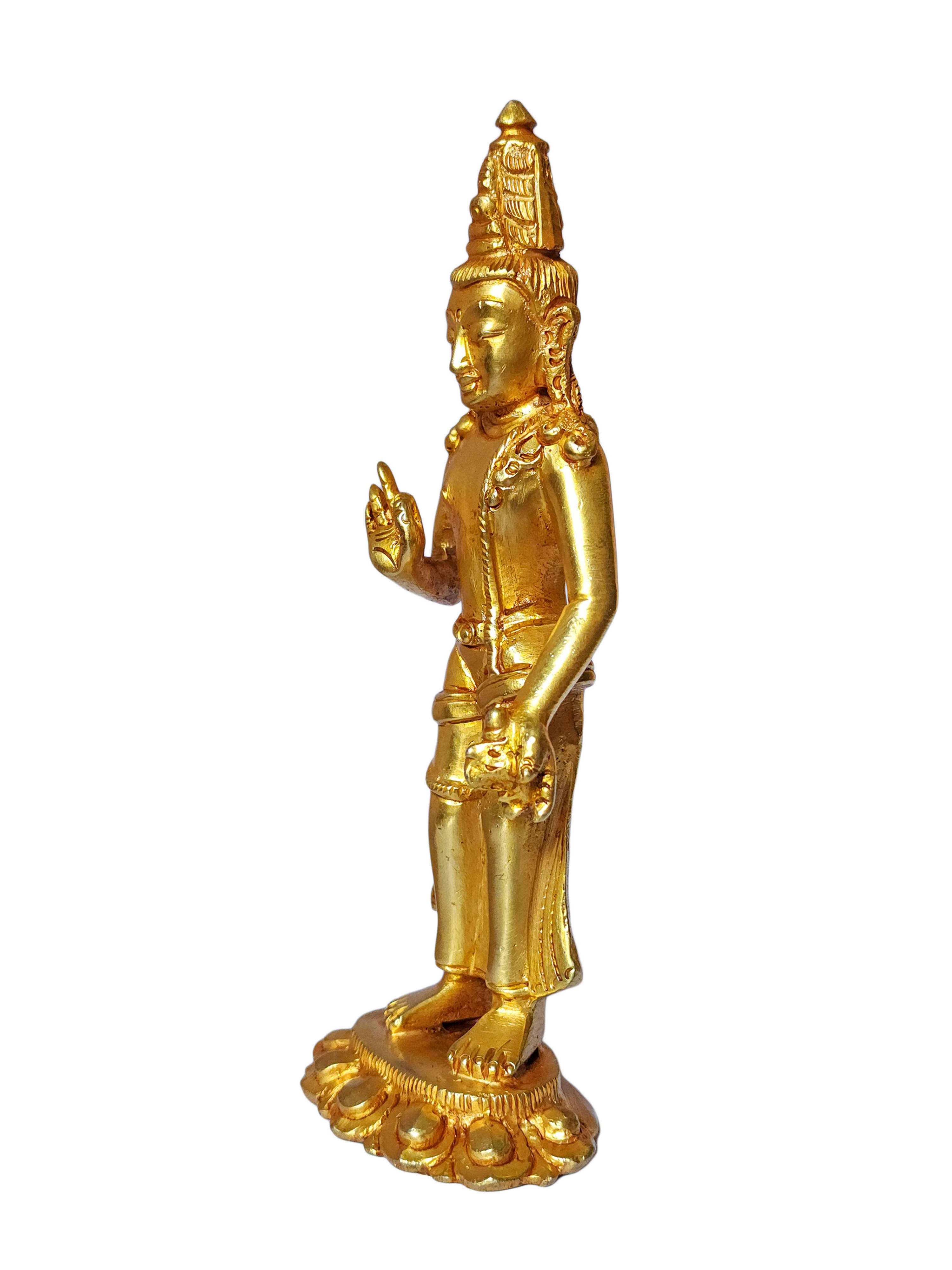 Gold Plated" title="Maitreya Buddha, Buddhist Miniature Statue,
Gold Plated" title="Maitreya Buddha, Buddhist Miniature Statue,  Full Gold Plated" title="Avalokiteshvara, Chenrezig Statue,
Full Gold Plated" title="Avalokiteshvara, Chenrezig Statue, 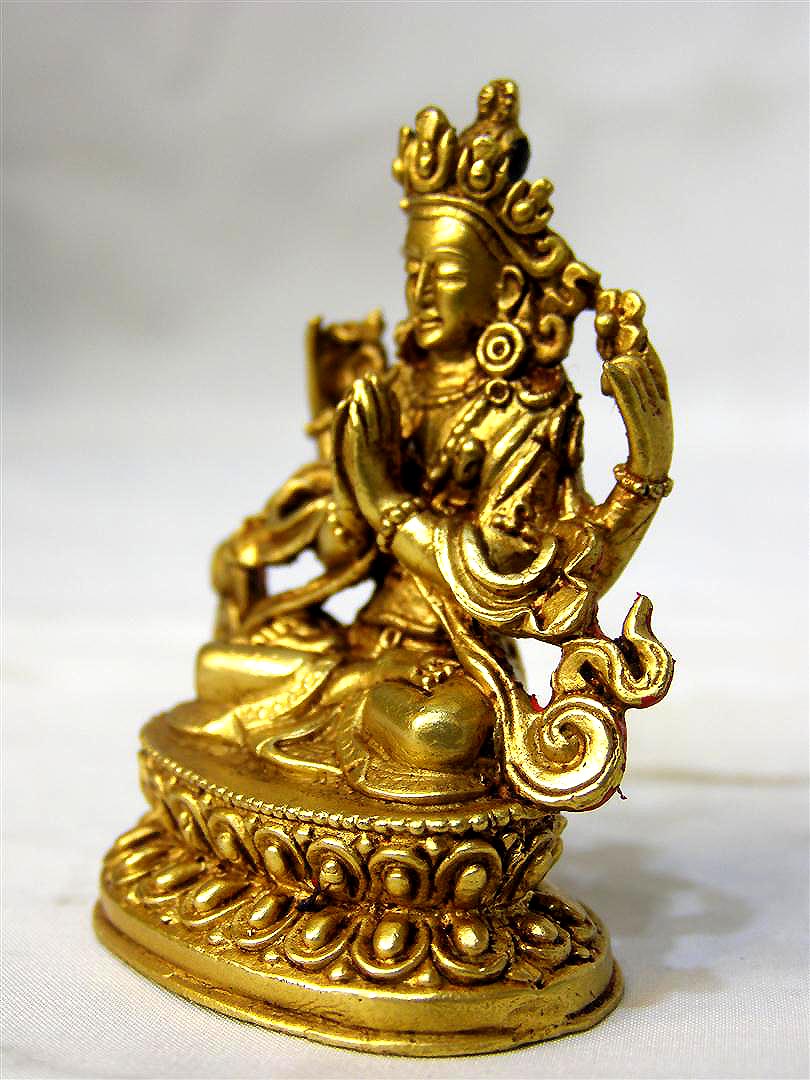 Full Gold Plated" title="Avalokiteshvara, Chenrezig Statue,
Full Gold Plated" title="Avalokiteshvara, Chenrezig Statue, 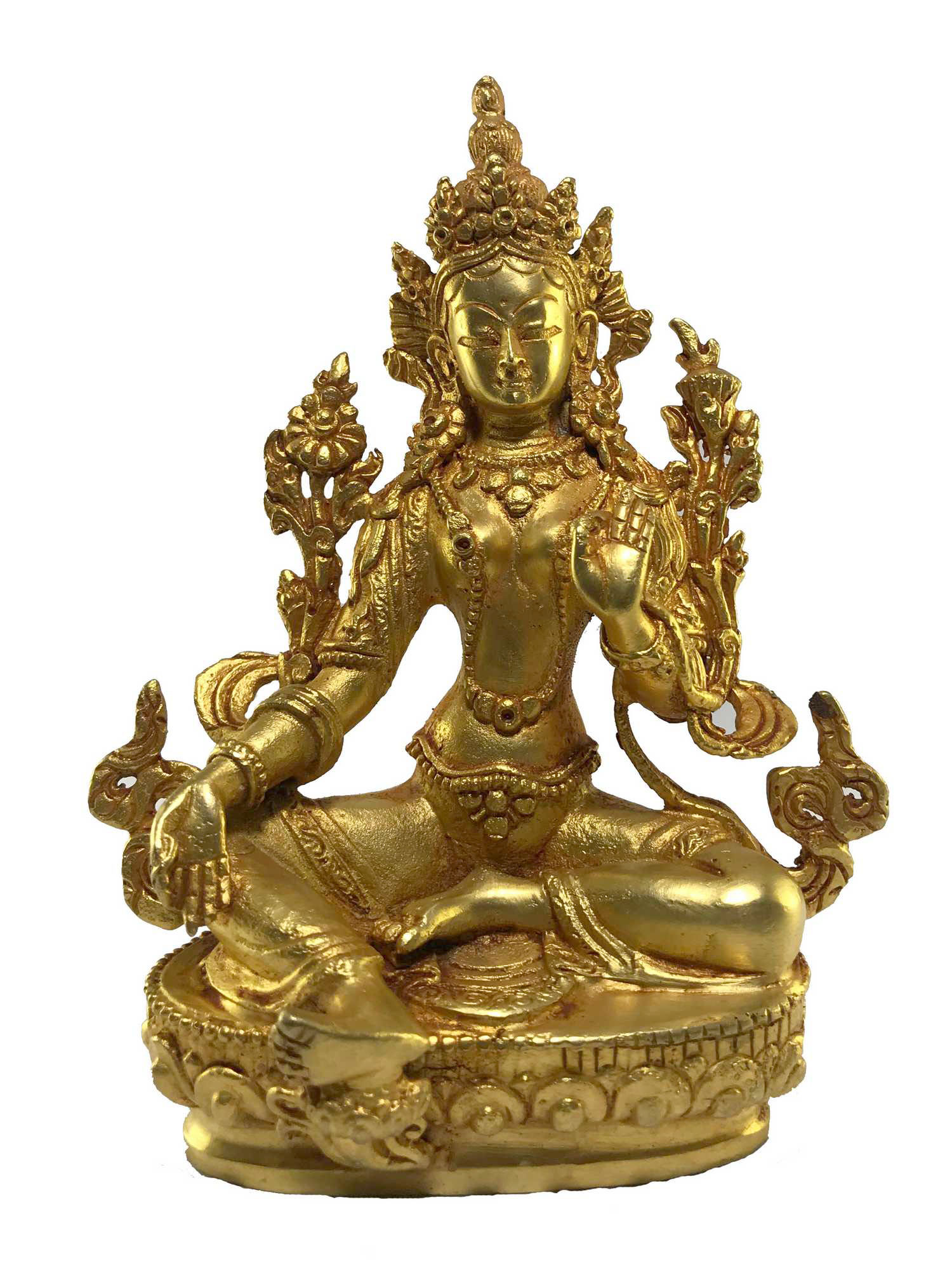 of Green Tara Full Gold Plated" title="Statue
of Green Tara Full Gold Plated" title="Statue 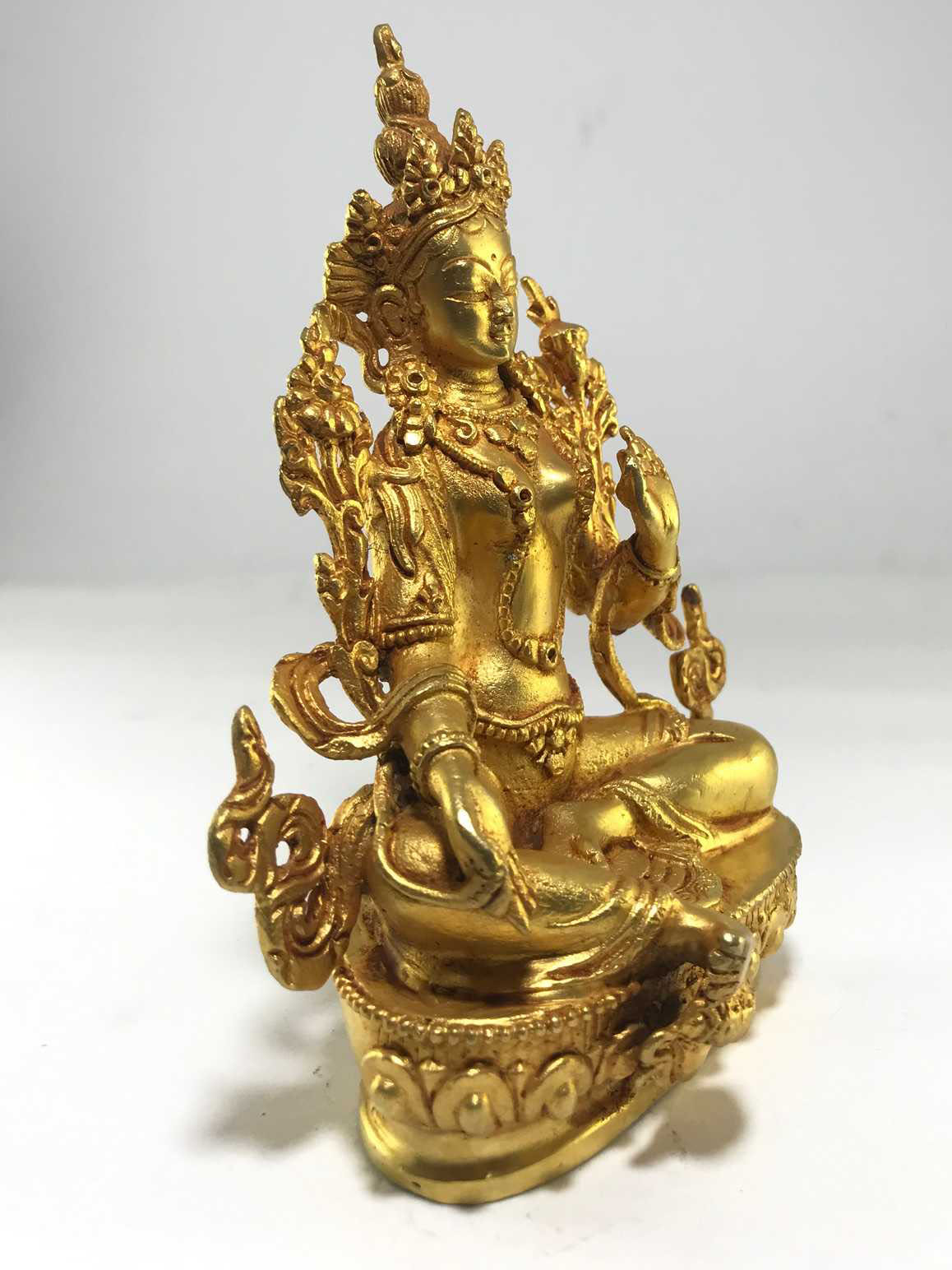 of Green Tara Full Gold Plated" title="Statue
of Green Tara Full Gold Plated" title="Statue  of White Tara
of White Tara 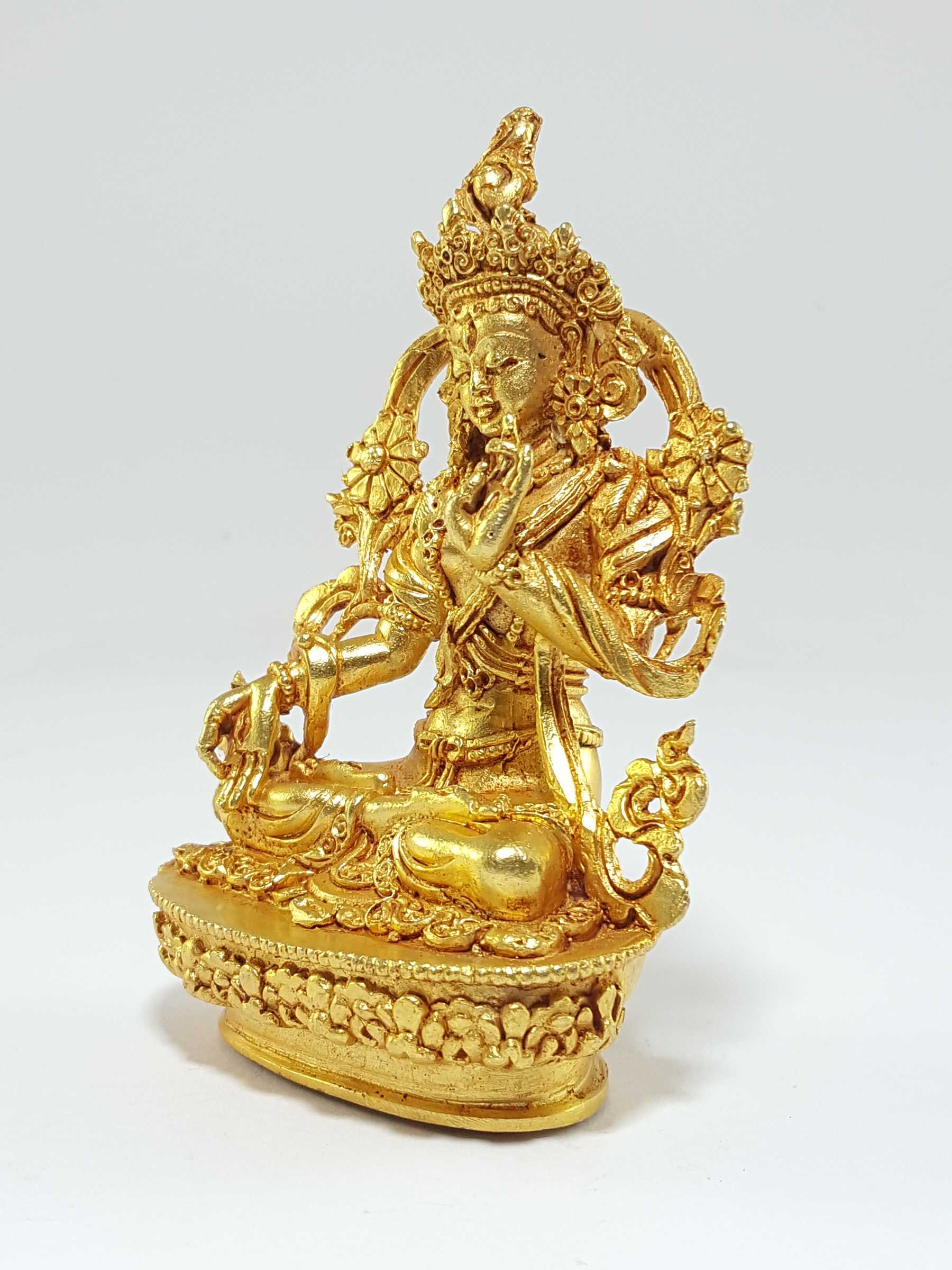 of White Tara
of White Tara  Full Gold Plated" title="Vajrapani Statue,
Full Gold Plated" title="Vajrapani Statue, 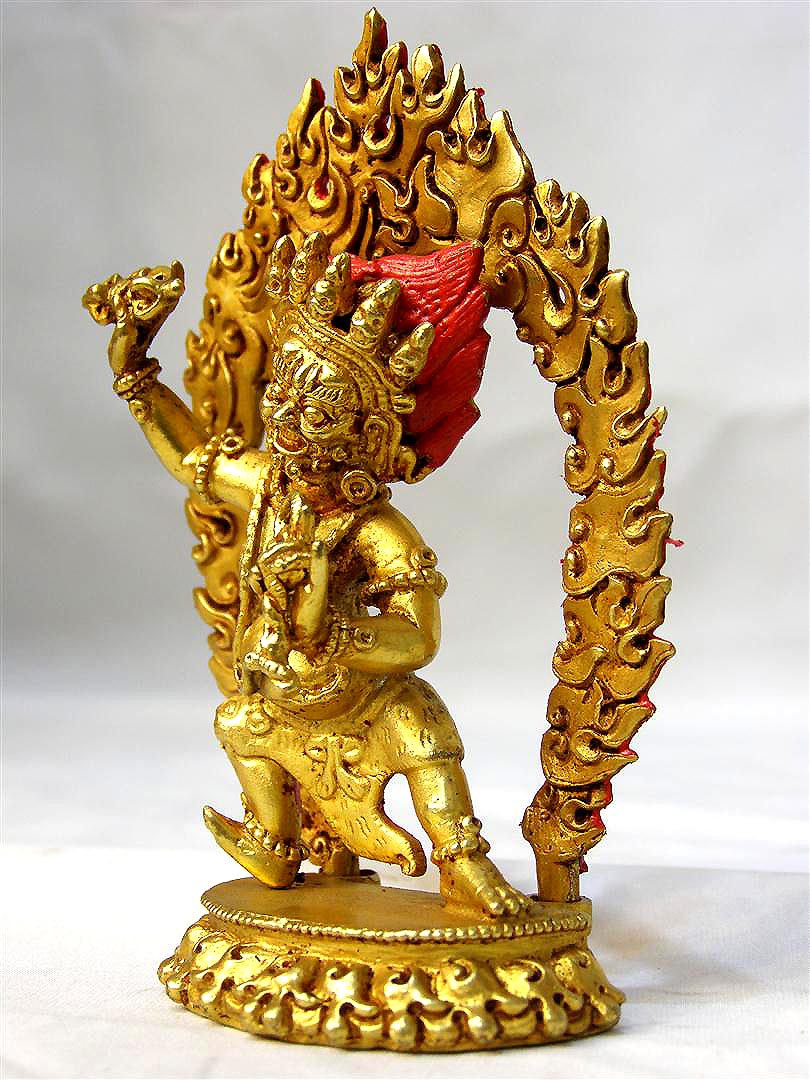 Full Gold Plated" title="Vajrapani Statue,
Full Gold Plated" title="Vajrapani Statue,  of Shakyamuni Buddha
of Shakyamuni Buddha 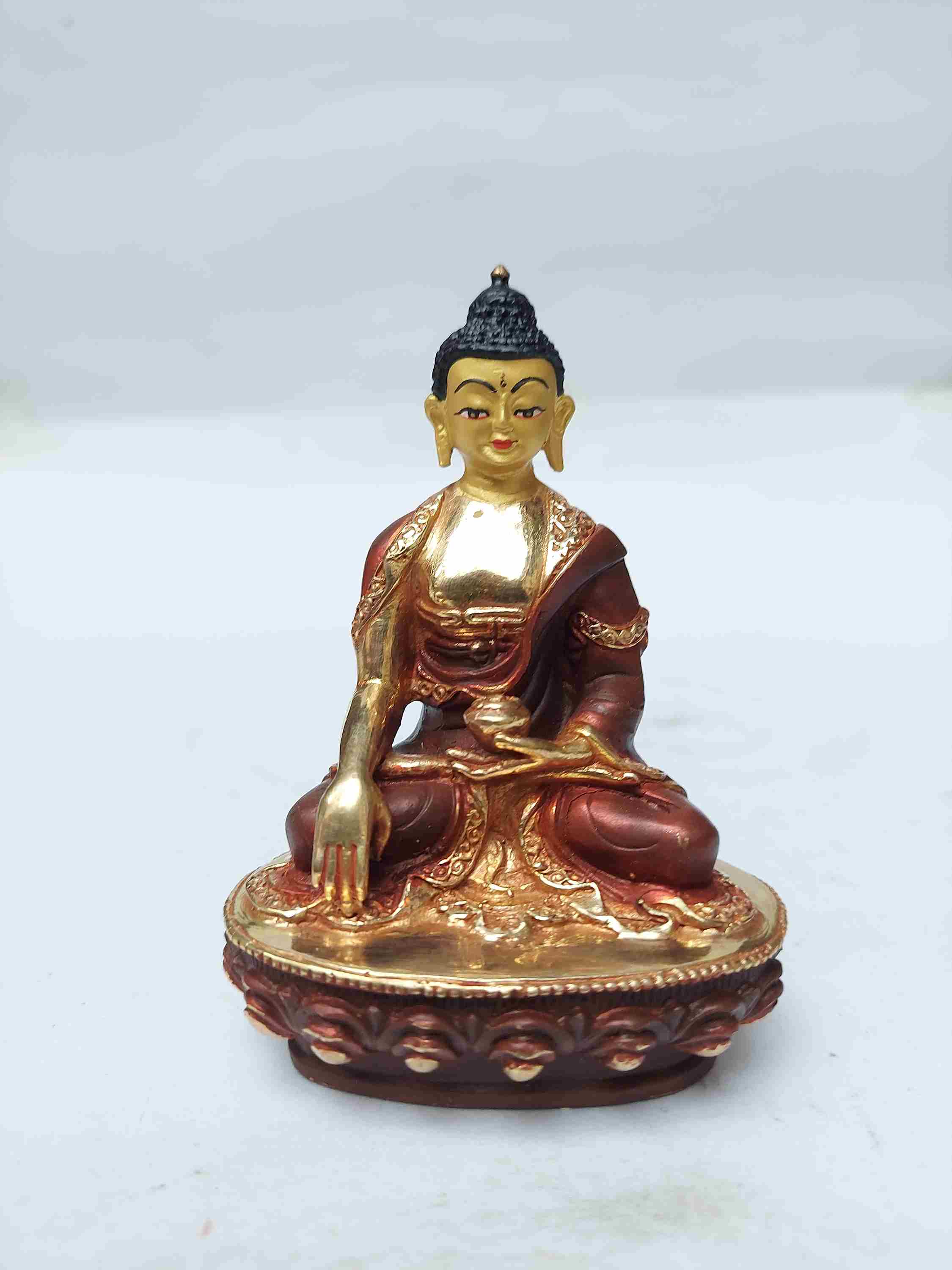 of Shakyamuni Buddha
of Shakyamuni Buddha  of Padmasambhava
of Padmasambhava 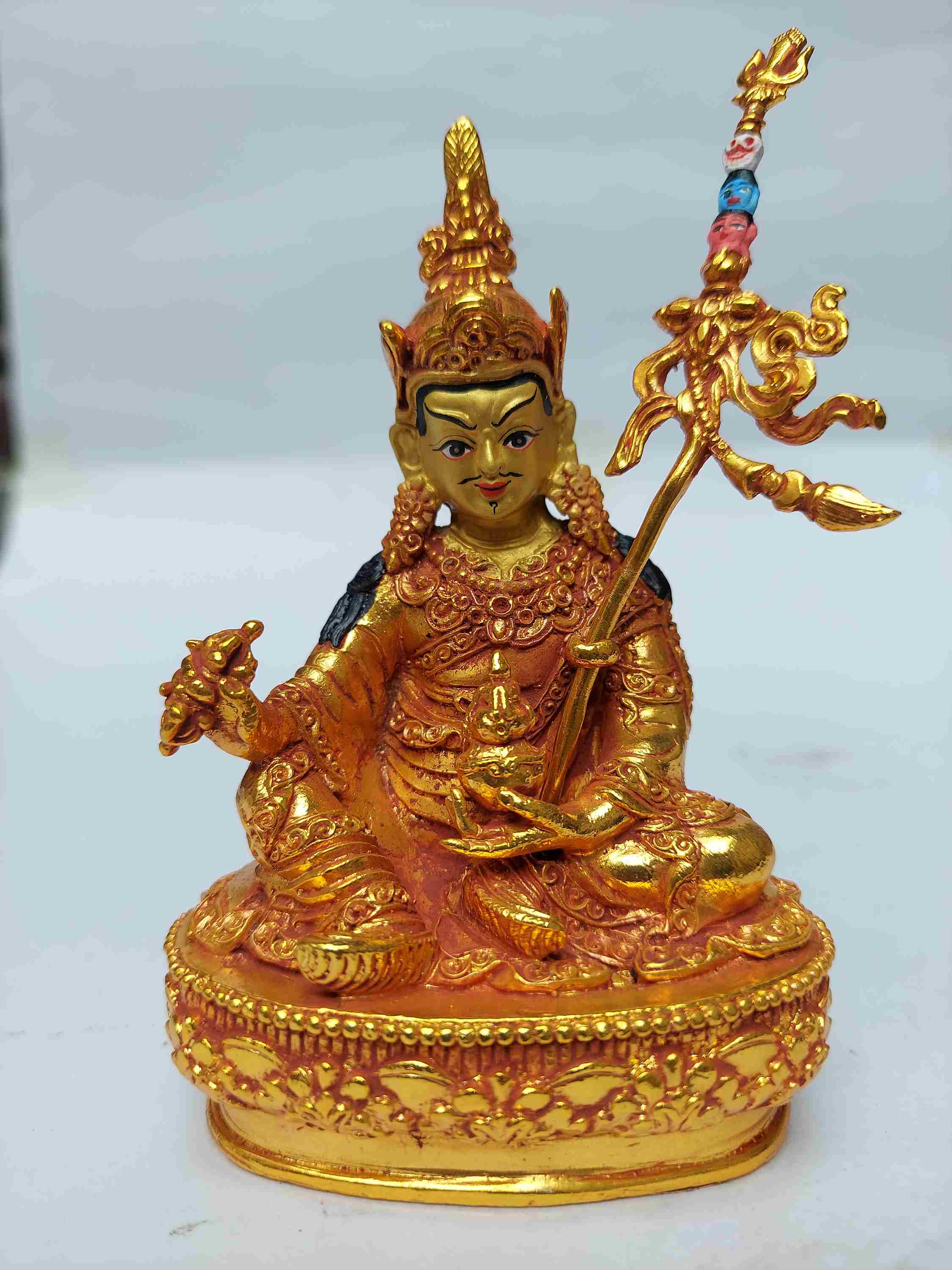 of Padmasambhava
of Padmasambhava  of Amitabha Buddha,
of Amitabha Buddha, 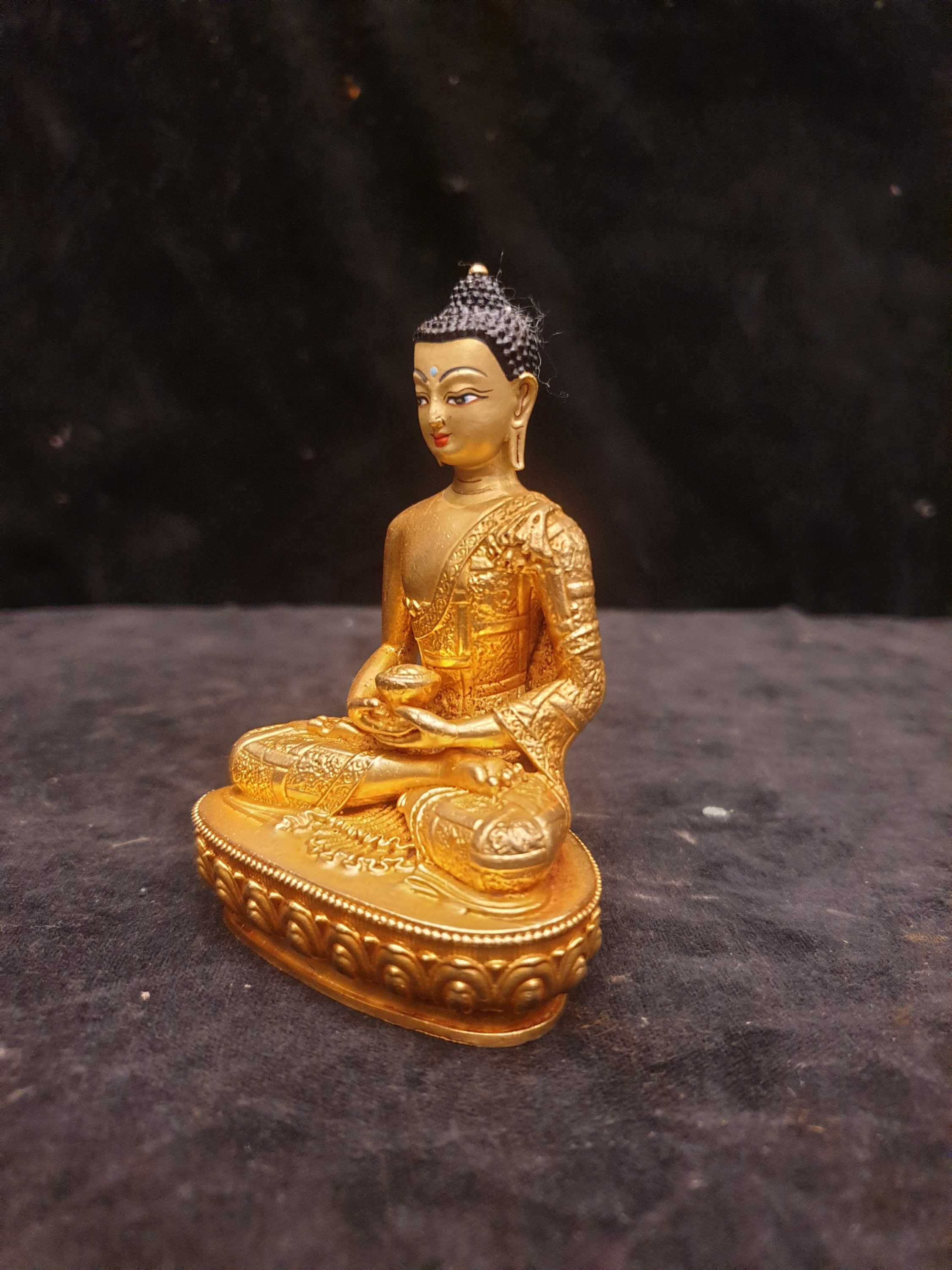 of Amitabha Buddha,
of Amitabha Buddha,  of
of  of
of  of Vajrasattva On A Thrown
of Vajrasattva On A Thrown 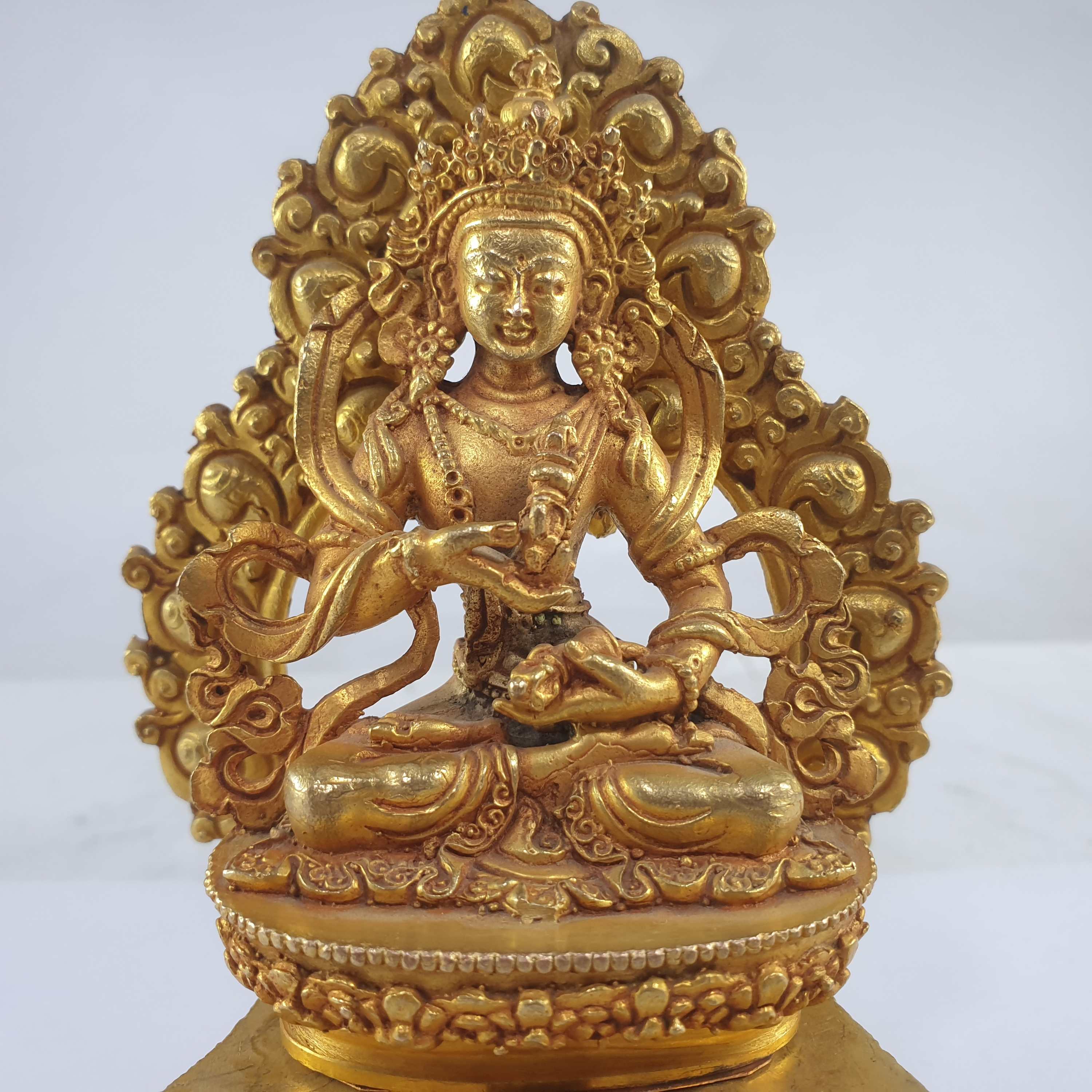 of Vajrasattva On A Thrown
of Vajrasattva On A Thrown